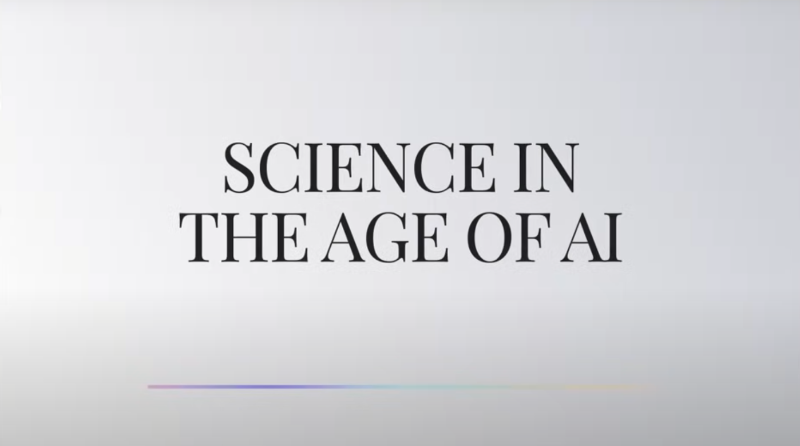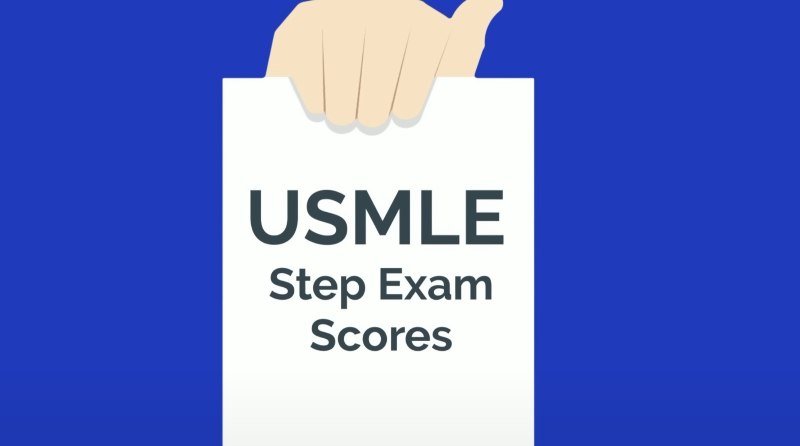Originally called Takotsubo Cardiomyopathy
By Rachael Zimlich, BSN, RN
Updated on November 27, 2023
Medically reviewed by Rafle Fernandez, MD
Broken heart syndrome, or Takotsubo cardiomyopathy, is a form of heart strain that can develop as a result of severe emotional or physical stress. This condition is different from a heart attack, but it can be just as dangerous, even fatal.
The symptoms of this stress-induced weakening of the heart can mimic a heart attack and include angina (chest pain), shortness of breath, and an irregular heartbeat. However, cardiac tests will not uncover blockages or other changes that healthcare providers expect to see during a heart attack.12
This article explores broken heart syndrome, how it feels, how it's diagnosed, and what to expect regarding treatment and recovery.
Illustration by Julie Bang for Verywell Health
Broken Heart Syndrome, Stress, and Chest Pain: What’s the Link?
Broken heart syndrome is a type of cardiomyopathy, a condition that occurs when your heart muscles get weak and less effective in pumping blood throughout your body. Many types of cardiomyopathy exist, each with specific causes or risk factors.
Broken heart syndrome is known as stress-induced or Takotsubo cardiomyopathy because it develops from intense emotional or physical stress.2
In stressful events, such as the loss of a loved one or a natural disaster, stress hormones called catecholamines build up to toxic levels in the body. The exact mechanisms that cause broken heart syndrome aren't entirely understood, but catecholamines are believed to play a significant role. These hormones lead to oxidative stress and changes in calcium levels and blood flow that can cause symptoms like chest pain and shortness of breath.3
During a heart attack, a blood clot or blockage prevents the normal amount of blood flow through the chambers of your heart, leading to chest pain. In broken heart syndrome, stress changes how your heart works (often temporarily), resulting in the same kind of pain.4 Broken heart syndrome does not result from a blockage.2
What Is Angina?
"Angina" is the medical term for chest pain. It occurs when the heart isn't getting enough oxygen. It can happen for several reasons, which is why chest pain is a symptom that appears in a wide range of diseases.4 You can't determine the cause of your chest pain by how it feels alone, so if you experience this symptom, seek medical care for a proper diagnosis and treatment.
Heart and Chest Symptoms
People who develop broken heart syndrome usually end up in a hospital emergency department due to its similarity to a heart attack in terms of symptoms and presentation, including:32
Chest pain
Shortness of breath
Irregular heartbeat (arrhythmia)
While at the hospital, healthcare providers will run testing to determine the cause of your symptoms. They will look at the results of an electrocardiogram (ECG or EKG) and blood tests to see whether you had a heart attack or if they should investigate other potential causes.3
How to Treat Broken Heart Syndrome
Nearly 9% of cases of broken heart syndrome lead to death, but for many others, the condition is temporary.1 Recovery from broken heart syndrome typically takes a few weeks. Still, there is also a chance that you could develop long-term heart problems after an acute episode of Takotsubo cardiomyopathy.3
Effective treatment for broken heart syndrome begins with an accurate diagnosis, which can be challenging.
Hospitalization and Emergency Treatment
Treatment for broken heart syndrome is done with medications, not surgeries, to relieve symptoms and prevent additional problems. Some medicines that are used to treat this type of cardiomyopathy include:5
Beta-blockers to boost left heart function
Angiotensin converting (ACE) inhibitors to improve blood flow, relax the heart muscle, and lower blood pressure
Blood thinners and antiplatelet medications to prevent blood clots
Statins and other cholesterol-lowering drugs to help control blood pressure and additional blockages
Levosimendan, which increases your heart's sensitivity to calcium and reduces the workload on your heart
Different treatments and prolonged hospitalization might be necessary if you develop other complications from broken heart syndrome, such as:5
Cardiogenic shock: A sudden drop in blood flow caused by heart dysfunction
Heart failure: A permanent reduction in the function of your heart muscle
Blood clots: Groups of blood cells that can collect and block blood flow
Arrhythmias: Changes in the natural rhythm of your heart that could lead to severe problems or death
Some medications used in the treatment of early or acute broken heart syndrome must be given intravenously (by IV) in the hospital. If you require ongoing treatment with drugs like beta blockers or ACE inhibitors, these may be continued as oral medications once you can go home.1
How Heart Disease Is Treated
Causes, Triggers, and Increased Risk Factors
Broken heart syndrome can be a misleading name for Takotsubo cardiomyopathy. Although extreme emotional stress can trigger the condition and is most commonly associated with this kind of cardiomyopathy, a study from 2020 reveals that more recent evidence points to physical triggers as the most common cause.5
Examples of physical triggers that have been associated with broken heart syndrome are:5
Trauma, surgery, asthma attacks, or natural disasters (i.e., events that cause a rush of adrenaline)
Microvascular diseases that affect the health of your blood vessels
Chronic conditions contributing to physical stress (e.g., diabetes and depression)
Certain medications, such as specific combinations of ACE inhibitors and beta-blockers, some antidepressants and antiarrhythmic drugs, and chemotherapy
Psychiatric conditions (e.g., anxiety and substance use disorders)
Hormonal changes
Genetic disorders
Ruling Out Heart Attack vs. Broken Heart Syndrome Diagnosis
Since the set of symptoms for broken heart syndrome is the same as acute cardiac syndrome (ACS), several tests will be done first to diagnose and possibly rule out a heart attack. This can include basic cardiac tests like:25
ECG
Blood tests to check cardiac enzymes
Angiography or other procedures to directly examine the structure and blood flow in the heart
You may require multiple rounds of testing to rule out a heart attack or other cardiac issues that can also appear with chest pain. Once those conditions are ruled out, other diagnoses, like broken heart syndrome, may be considered and treated.
Recovery Timeline at Start of Treatment
About 90% of people who develop broken heart syndrome recover in four to eight weeks. Relapses or recurrences do happen, but they usually occur in people who have had complications at the start of their disease or who have other complex medical conditions.5
Some of the long-term issues that people with broken heart syndrome have been known to develop as a result of their cardiomyopathy include:5
Decreased function on the left side of the heart
Heart attack
Relapses of their cardiomyopathy
Heart failure
Certain conditions could make you more likely to develop complications with broken heart syndrome, such as:5
Chronic kidney disease
Coronary artery disease
Reduced heart function before broken heart syndrome
Shortness of breath as an early symptom of broken heart syndrome
Managing Emotions and Stress
Emotional stress can contribute to broken heart syndrome. It's essential to your mental and physical health to find ways to manage stress, anxiety, and other types of emotional strain.
If you are at risk of developing broken heart syndrome or you have experienced it already, it's essential to work with a cardiologist and psychiatrist to reduce your risk of recurrence and other complications.5
Summary
Broken heart syndrome is a problem you might develop if you're under severe physical or emotional stress. The stress hormones in your body can contribute to cardiomyopathy or a weakening of the heart. Stress-induced cardiomyopathy, also known as Takotsubo cardiomyopathy or broken heart syndrome, can be fatal. However, most people who experience broken heart syndrome recover within a few months.







Post comments